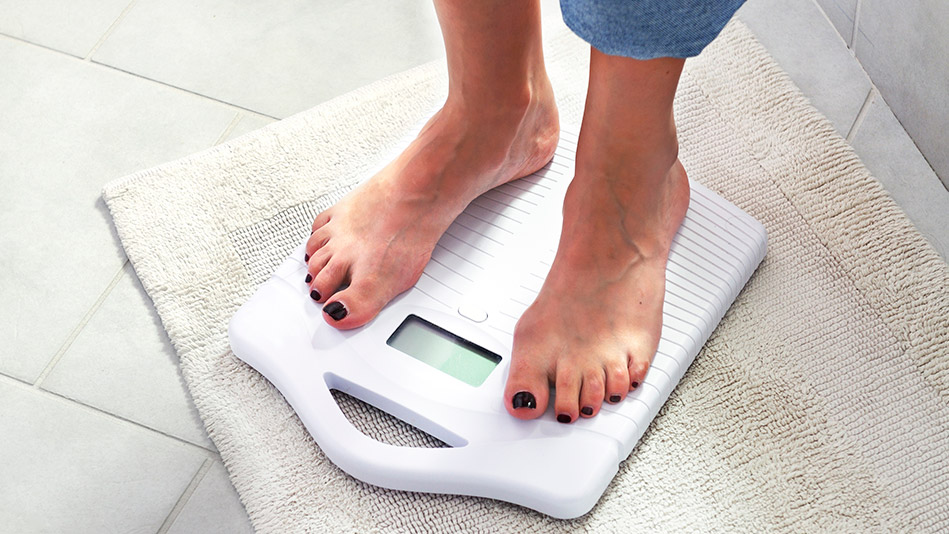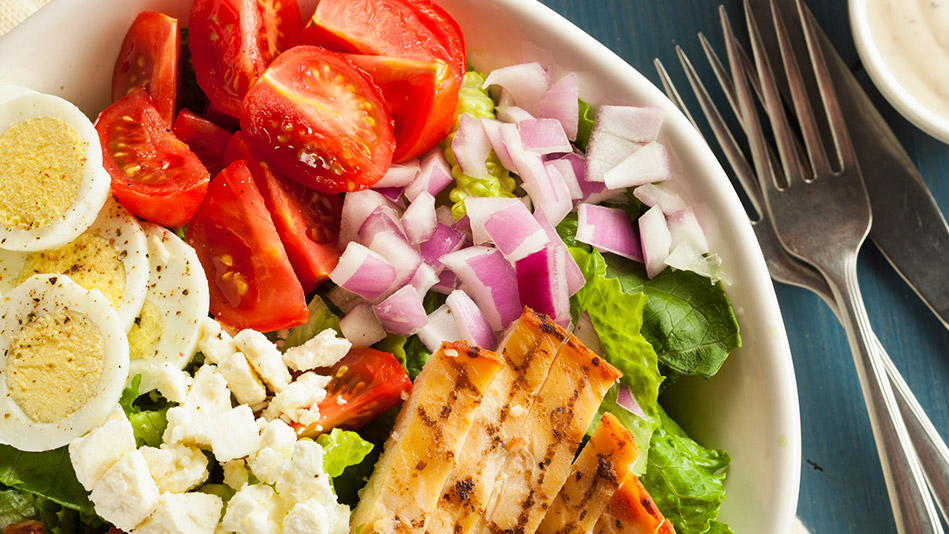
A Common Exercise Revs It More Than You Think
Your metabolism is the sum of all the things your body does daily that use energy—from digestion to exercise. If walking is your go-to workout, you’ll like this news: You’re probably burning more calories than you think. Recent research from Southern Methodist University found that equations that are commonly used to estimate how many calories you burn when you walk (often used by fitness trackers) give low estimates in about 97 percent of cases. “For a 130-pound woman walking at just under three miles per hour, the old equations predict 68 calories per mile,” says lead study author Lindsay Ludlow, PhD, an exercise physiologist and researcher in the Southern Methodist University Locomotor Performance Lab, in Dallas. “The more accurate equation we came up with predicts she’ll burn 81 calories per mile. And if she’s power walking, we estimate she’ll burn about 20 percent more than the old equations would say.”
The Takeaway: This is more motivation to lace up your sneakers and log some miles.
The Takeaway: This is more motivation to lace up your sneakers and log some miles.

Your Metabolism Fights Weight Loss Harder Than Ronda Rousey
You know that your metabolism slows a bit when you lose weight, but recent research has shed light on just how badly your body wants to get back to its original size. When contestants from season 8 of The Biggest Loser were put through a battery of health tests six years after their season ended, researchers found that their metabolisms were incredibly sluggish, despite the fact that they’d regained two-thirds of the weight, on average (larger people burn more calories, even at rest). In fact, they were burning about 500 fewer calories per day than the researchers expected. “This metabolic slowing seems to continue as long as your weight is lower than where you started,” says lead study author Kevin Hall, PhD, a metabolism expert at the National Institute of Diabetes and Digestive and Kidney Diseases, in Pittsburgh. Of course, Biggest Loser contestants are going to extremes to shed pounds, and Hall notes that the average person probably wouldn’t have such a drastic metabolism slowdown. “More on the line of maybe 100 calories per day, as opposed to 500,” he says. “But you’re still fighting a biological drive to regain the weight.”
The Takeaway: You’ll need to carefully track your calories-in, calories-out if you want to prevent your weight from creeping back up, and stay consistent with it. “The one contestant who kept the weight off despite having a slower metabolism changed her lifestyle dramatically and made fitness an integral part of her day to day activity,” says Hall.
The Takeaway: You’ll need to carefully track your calories-in, calories-out if you want to prevent your weight from creeping back up, and stay consistent with it. “The one contestant who kept the weight off despite having a slower metabolism changed her lifestyle dramatically and made fitness an integral part of her day to day activity,” says Hall.

There’s One Diet Factor That Makes a Difference
The tweak that can help keep your metabolism humming along: getting enough protein. “It seems to have an effect on the number of calories the body burns,” says Hall. “It’s not huge, but it’s measurable. Plus, we know that protein helps you feel fuller longer, so you eat less overall.” (Most experts recommend eating between .8 grams and 1 gram of protein for every 2.2 pounds that you weigh.) Here’s what doesn’t have an effect: Low-carb diets, often touted as a way to boost metabolism. Hall and his colleagues just published a study showing that at best, super-low-carb diets (with carbs totaling about 5 percent of total calories) might help you burn about 60 calories more per day and, at worst, moderately-low-carb diets (roughly 30 percent of total calories) actually slow your metabolism by about 100 calories per day. You might think, hey, 60 calories is still something, but keep in mind that very-low-carb diets are hard to maintain, so you likely wouldn’t get the effect for long. (This study was conducted in men, but previous research by Hall that included men and women showed similar results.)
The Takeaway: If you really want to maximize your metabolism, focus on getting adequate protein. If you want to go reasonably low-carb for other health reasons, that’s fine—just don’t expect your body to burn extra calories because of it.
The Takeaway: If you really want to maximize your metabolism, focus on getting adequate protein. If you want to go reasonably low-carb for other health reasons, that’s fine—just don’t expect your body to burn extra calories because of it.
This Probably Isn’t Slowing It Down
“The number one thing my patients blame is their thyroid, even after their internist has ordered tests that show it’s functioning normally,” says Margaret McKenzie, MD, an ob-gyn at the Cleveland Clinic who sees a lot of peri-menopausal and menopausal women dealing with a seemingly sudden weight gain and looking for answers. “The real problem is usually a combination of lifestyle factors, like eating well during the day but having two glasses of wine every night or not getting enough physical activity, especially strength training.”
The Takeaway: An underactive thyroid can cause weight gain (hypothyroidism affects roughly 4.6 percent of Americans, and it’s most common in people over 60), but it’s best to take a hard look at your eating and exercise habits, especially if your doc has run tests that suggest your thyroid isn’t responsible.
The Takeaway: An underactive thyroid can cause weight gain (hypothyroidism affects roughly 4.6 percent of Americans, and it’s most common in people over 60), but it’s best to take a hard look at your eating and exercise habits, especially if your doc has run tests that suggest your thyroid isn’t responsible.

